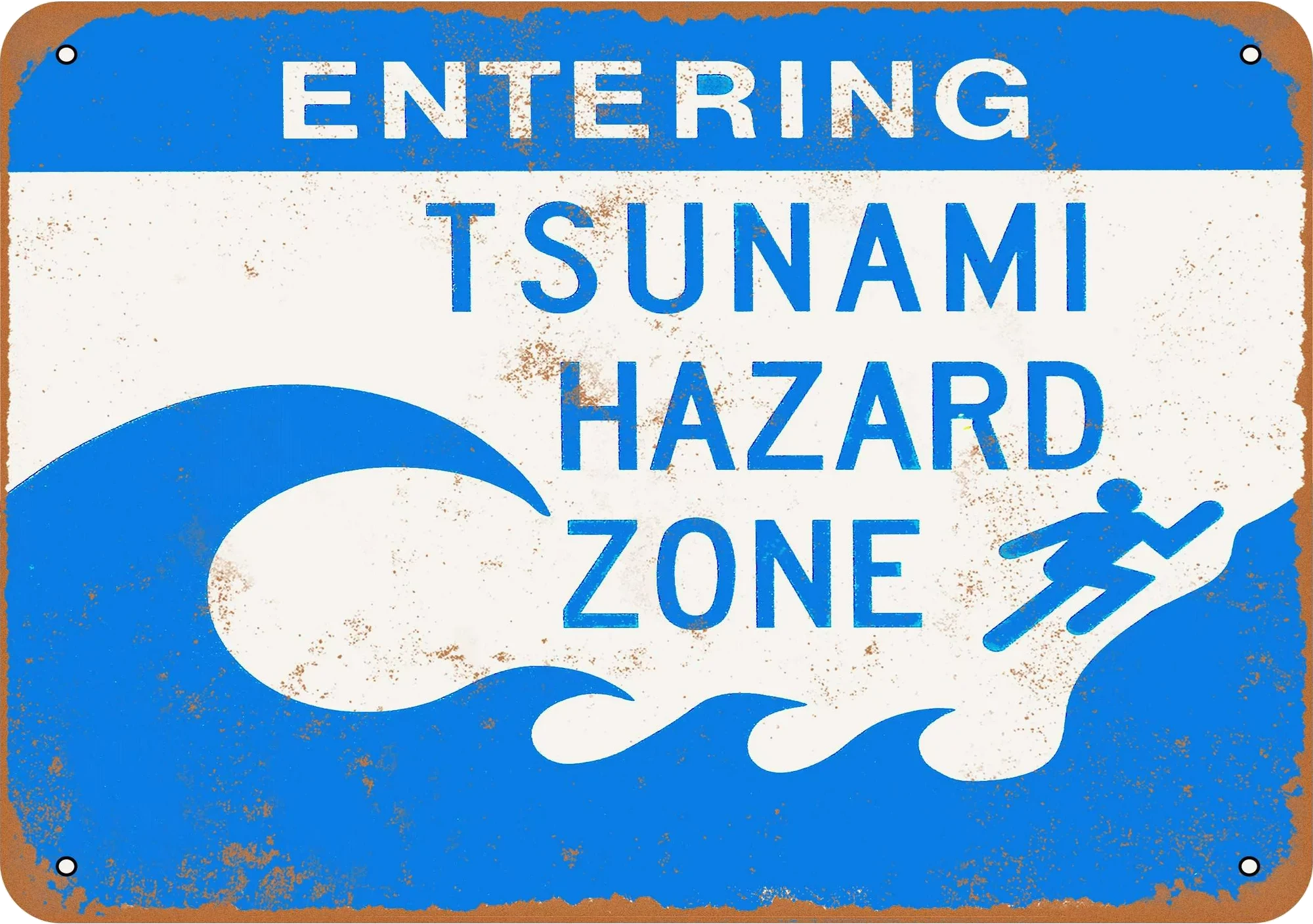Universities, particularly private and non-profit institutions, are faced with a complex set of challenges in keeping pace with rapid societal and technological advancements. Drawing insights from systems science, higher education can be viewed as a complex system subjected to various external stimuli, ranging from spikes to slow-moving yet transformative trends.
The Nature of External Stimuli
The Impulse: Jolting The Balance
In systems science, certain external influences can be considered as impulses or spikes—short-lived but highly impactful similar to a hammer hitting a large mass suspended from a spring. The input may eventually return to baseline, but the impulse carries substantial energy that elicits significant, sometimes oscillatory, responses. The Covid-19 pandemic serves as a classic example.
Trends: Plate Tectonics
Then there are long-term trends, slow but possessing considerable energy. These trends may not result in immediate changes but cause significant shifts over time, analogous to the geological phenomena of plate tectonics. These shifts are irreversible, requiring adaptive strategies to a new normal.
The Sudden But Permanent: Tsunamis
A third category comprises sudden and impactful changes that permanently alter the landscape—akin to volcanoes and tsunamis. These are swift, potent, and carry the promise of irrevocable change, necessitating swift adaptive responses.
The Corporatization of Higher Education
Higher education has recently responded to a mojor trend: a wave of corporatization, influenced by neoliberal economics and globalization. Industrial paradigms like Total Quality Management (TQM), Six Sigma, and quality assurance have integrated into the halls of academic administration. Thses would best be described as trends (à la plate tectonics). While such adaptation may have had its merits, it is essential to acknowledge that new forces as powerful and transformative are on the horizon.
Generative AI: The Emerging Catalyst
Generative AI represents a transformative force with the potential to redefine higher education comprehensively, from students and learning, to branding and accreditation. Just as neoliberal economics led to a sea change in administrative practices, AI will likely necessitate a complete rethinking and reorganization of institutional paradigms. There is little doubt that higher education, or any other industry for that matter, will remain unscathed. Many expect the pace of change to be much faster, where change is sudden but permanent (à la a tsunami).
Opportunity in Disruption: The Evolutionary Leap
Any large-scale impact resulting in significant universal system reorganization brings opportunities. This is the juncture where agile members of the ecosystem can leapfrog their less adaptive counterparts. Such moments are not just challenges but evolutionary opportunities, golden tickets to redefine and reposition oneself in the changing landscape — like mammals after the dinosaurs.
Academic Administration under the Magnifying Glass
These transformative times offer system scientists a fascinating study in complex adaptive systems. But for those in academic administration, the stakes are quite high. I had the opportunity to talk to several presidents and top administrators. Many expressed the feeling of “now being under the magnifying glass.” Faced with a pivotal choice—is it more prudent to move cautiously with the herd, or is it better to be among the agile entities that seize this moment to leapfrog into a new paradigm? The feelings may be summarized as “Will I lead, follow, or leave?” One president said “Anyone can be a captain when the seas are calm.”
The era we are traversing is significant, not just in the scope of its challenges but in the magnitude of its opportunities. The essence lies not merely in adaptation but in the quality and foresight of such adaptation. Therefore, it is understandable that the onus is upon academic administration to ensure that they are not merely reacting to change, but proactively shaping a future that aligns with both fundamental educational ideals and societal needs.

